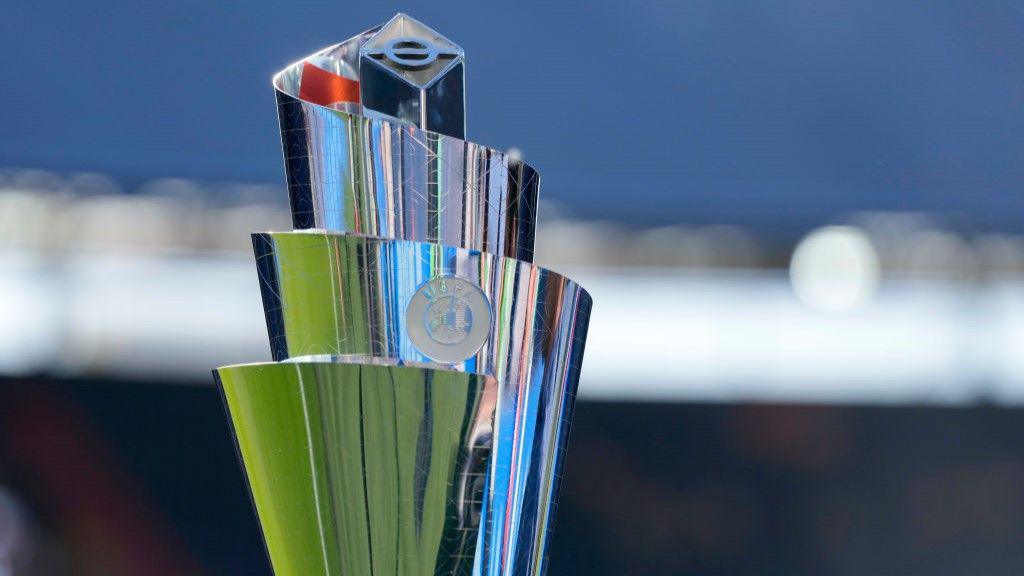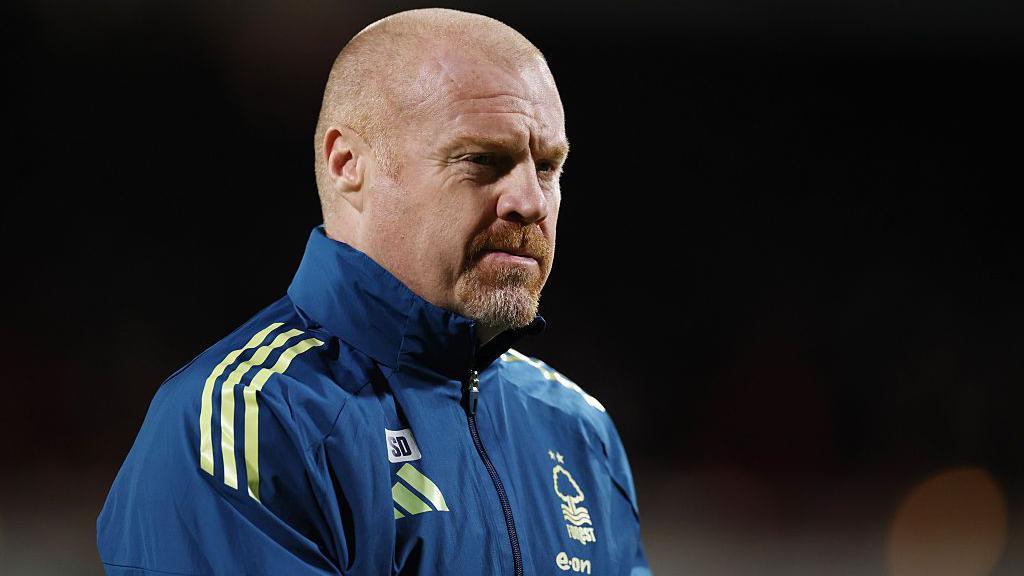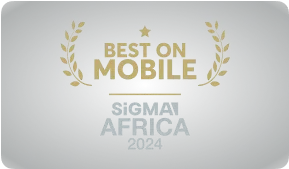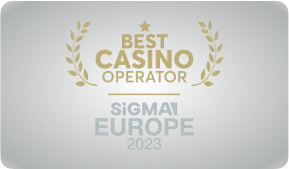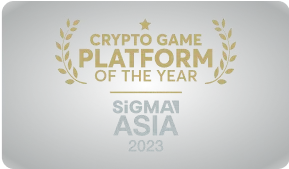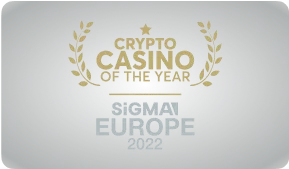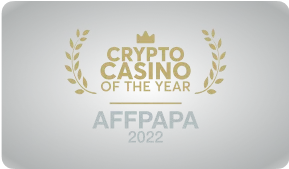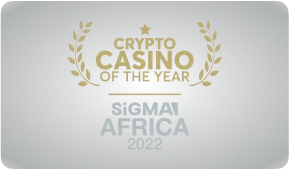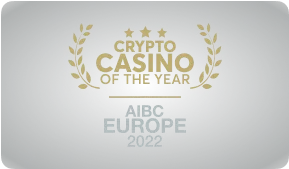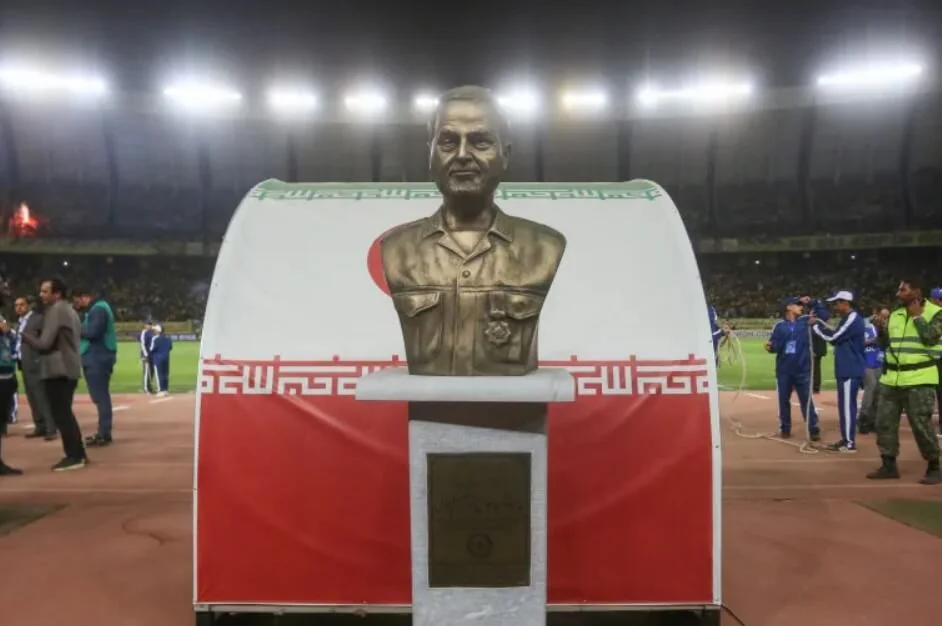
In a jaw-dropping twist, that much-anticipated soccer game between the Saudi and Iranian teams got called off. Would you believe the reason? A statue in the stadium of Qasem Soleimani, the once-powerful commander of the Iranian Revolutionary Guards’ Quds Force, stirred up all the drama.
Key Details:
- Event: Asian Champions League Match
- Teams: Al-Ittihad (Saudi Arabia) vs. Sepahan FC (Iran)
- Date: Monday
- Venue: Naghsh-e Jahan stadium, Isfahan, Iran
- Controversy: Bust of Qasem Soleimani at the entrance
Background: The Man Behind the Bust
Before diving into the soccer controversy, it’s essential to understand the significance of the figure in question.
Qasem Soleimani:
Qasem Soleimani rose to prominence as the commander of the Quds Force, the elite unit handling Iran’s overseas operations. Under his leadership, the unit’s influence across the Middle East grew exponentially.
Why is he Controversial?
- Revered as a martyr by hardline Iranian factions
- Viewed as a terrorist in Saudi Arabia for empowering Iran-backed militias
- His operations were seen as destabilizing to the region
In a drone strike ordered by then-President Donald Trump, Soleimani met his end in 2020, marking a significant turning point in regional politics.
Timeline: The Match Controversy
Here’s a breakdown of the events leading up to the cancellation of the match:
- Pre-game Controversies: Before the match’s scheduled start, Al-Ittihad’s players voiced their protest against the presence of the Soleimani bust. They requested its removal.
- Sepahan’s Stance: The officials of the Iranian team, Sepahan, declined the request. Their reasoning was that the bust had been in the stadium for two years, and the visiting team was already aware of its presence.
“The request was unexpected, unacceptable and surprising,” said Mohammad Reza Saket, the head of Sepahan. He further added that Al-Ittihad had trained on the same pitch the previous night.
- AFC’s Involvement: The Asian Football Confederation (AFC) had approved the stadium conditions in a prior meeting. However, the match was later cancelled due to “unanticipated and unforeseen circumstances,” as stated by the AFC.
- Public Response: Social media was abuzz with videos showcasing thousands of Iranian fans, gathered for the game, chanting slogans urging to “remove politics from sports.” Although these videos’ authenticity was not verified, they resonated with a widespread sentiment.
Historical Context: Saudi-Iran Relations
The soccer match’s cancellation doesn’t stand in isolation but reflects the historically strained relations between Iran and Saudi Arabia.
Timeline of Key Events:
- 2016: Riyadh cut ties with Tehran after Iranian protesters stormed the Saudi embassy. This was in response to the execution of a Shiite Muslim cleric in Saudi Arabia.
- 2020: The execution of Soleimani further intensifies hostilities.
- March 2023: Under China’s mediation, Tehran and Riyadh reconciled, putting an end to over seven years of hostilities.
Soccer: The Bridge of Peace
Amidst political tensions, soccer has been a beacon of hope. Last month, for the first time in seven years, teams from both countries competed on Iranian soil. The event was marked by warmth and sportsmanship, with streets displaying welcome billboards in English, Arabic, and Farsi. Additionally, Iranian soccer enthusiasts were seen donning Saudi team jerseys, a testament to the game’s unifying power.

What’s Next?
In the aftermath of this controversy, questions arise. Will soccer continue to play a pivotal role in mending fences? Or will political tensions overshadow the spirit of the game?
“Tehran had been taking the issue of mending ties with his country very seriously,” said Saudi Arabia’s Crown Prince Mohammed bin Salman (known as MBS).
He emphasized that the kingdom was keen on seeing Iran progress.
Only time will tell if soccer diplomacy can withstand the pressures of geopolitics.
Soccer, often more than just a game, mirrors global politics. The Iran-Saudi match controversy, stemming from a bust’s presence, serves as a testament to the intricate relationship between sports and diplomacy. With reconciliation efforts underway, the world will be keenly watching if soccer can indeed bridge the divide.

